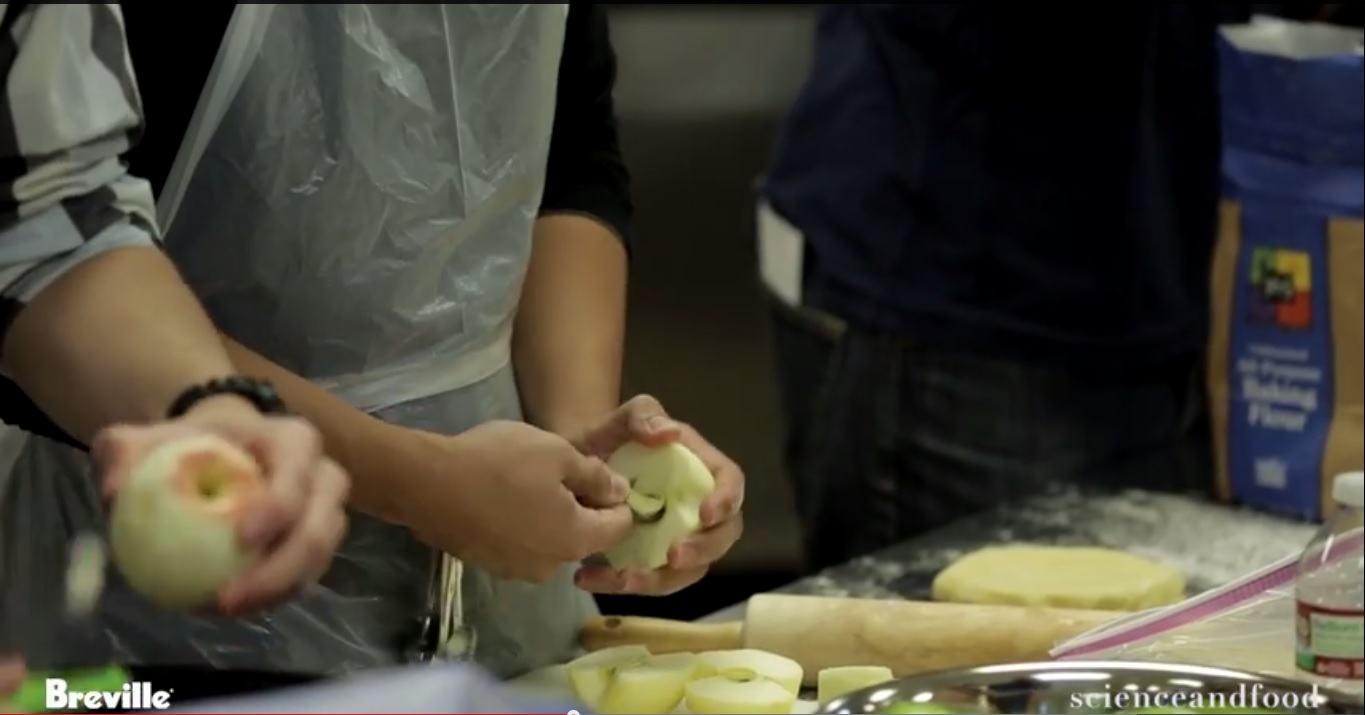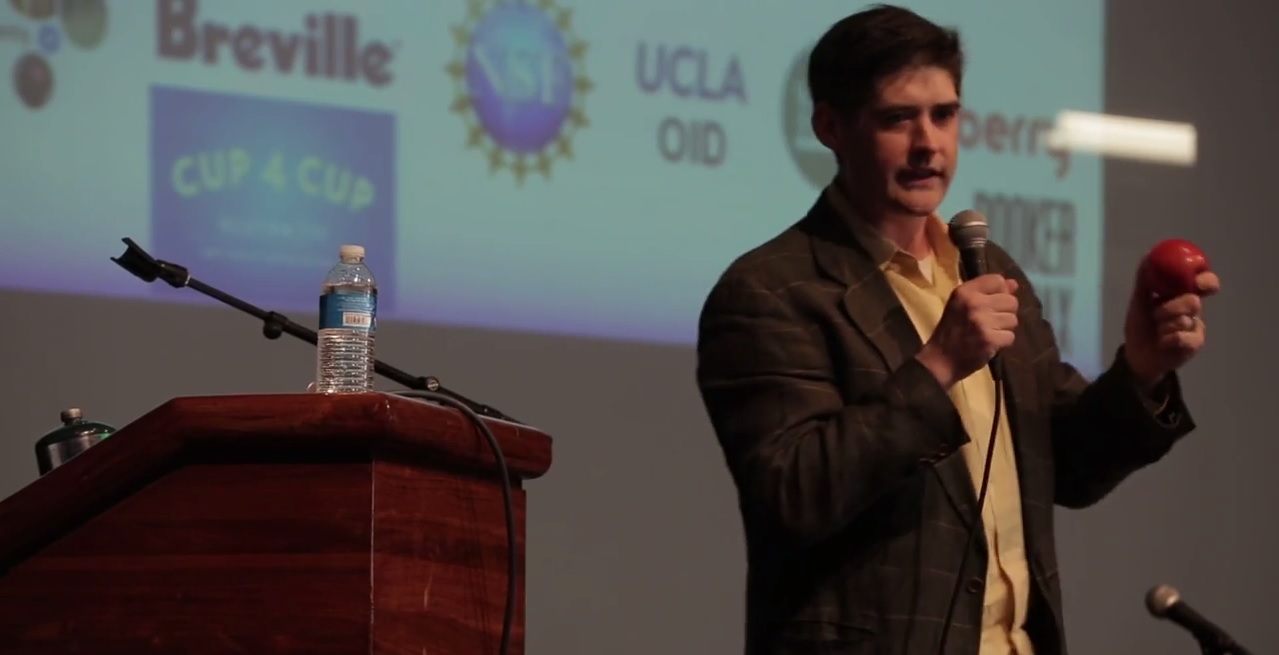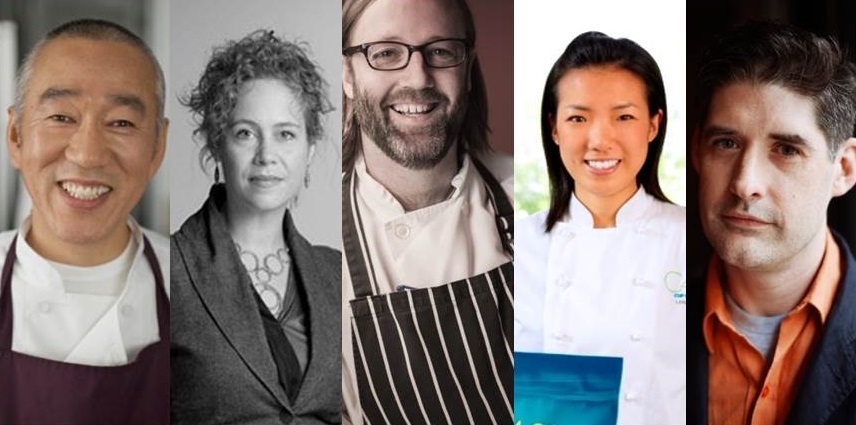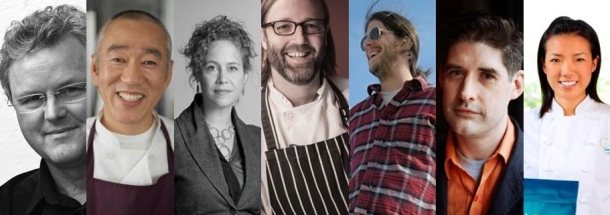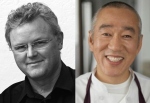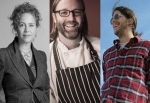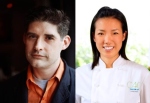The Science of Pie 2014: Video Highlights
The Science of Pie 2014: Video Highlights
June 1, 2014
At the Science of Pie, the world’s first scientific bakeoff, the students of the Science & Food undergraduate course presented results from their final projects in poster format and their pies for taste testing. These pies had to be cooked in one hour and were the summation of all that the students had learned from their pie experiments in the class. Throughout the quarter, the students were challenged to perform a scientific investigation of apple pie and vary different features of the pie such as shape, butter size, and moisture.
The contest was judged by Lena Kwak (of Cup4Cup) and Dave Arnold (of Booker and Dax, the Museum of Food and Drink, and the Cooking Issues Podcast) who were our featured speakers for the 2014 Public Lecture Harnessing Creativity. They were joined by Nicole Rucker (Pastry Chef, Gjelina Take Away), Jonathan Gold (Food Critic, LA Times), Dr. Paul Barber (Associate Professor of Ecology and Evolutionary Biology, UCLA), and Dr. Rachelle Crosbie-Watson (Associate Professor of Integrative Biology and Physiology, UCLA).
The judges had wise words for the students.
Lena Kwak described how she judged the pies.
“With each of the projects we saw today, there were a considerable amount of variables not considered, but the saving grace …was when I tasted their pies.”
Nicole Rucker talked about what makes an award wining pie
“Jonathan and I both know that from Judging Pie Contests, … that you can see a good pie from literally across the room.”
Dr. Paul Barber spoke to the balance of science and pie making:
“No matter how much scientific testing you do, there’s still just this underlying art to making a really good pie.”
Check out some our featured pies from the 2014 contest.
Honorable Mention Pie
Alexis Cary & Matthew Copperman (Team On the Road)
Best Scientific Pie
Christina Cheung, Tori Schmitt, and Elliot Cheung (Team Pretty Intense Pie Enthusiasts)
Best Overall Pie & People’s Choice Pie
Alina Naqvi & Ashley Lipkins-Scott (Team Apple Queens)
Check out our written recap here !
See the whole Video!

